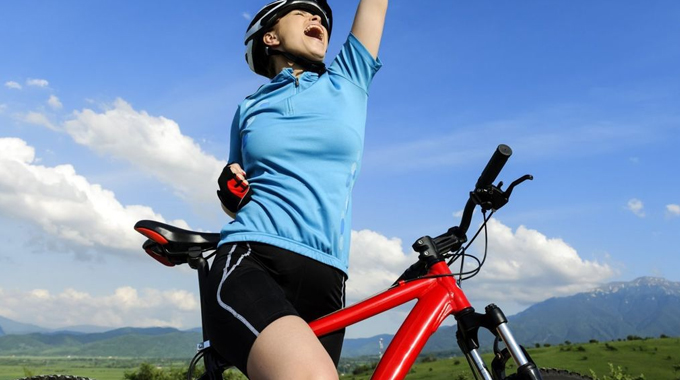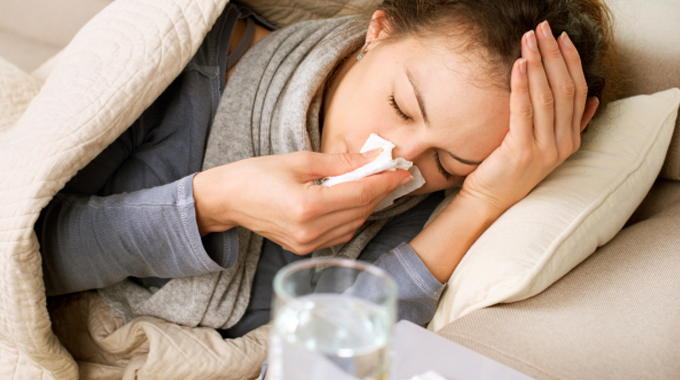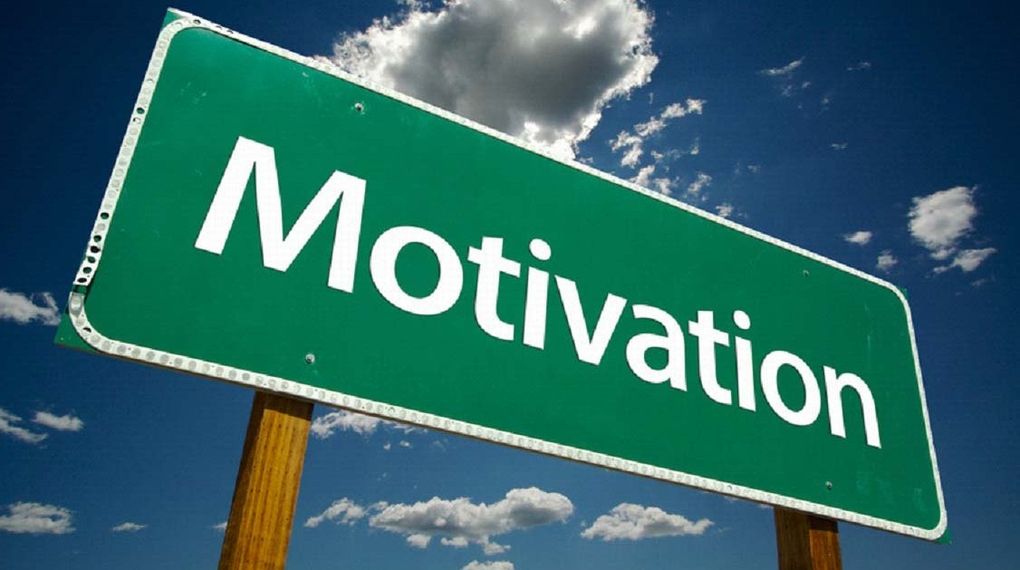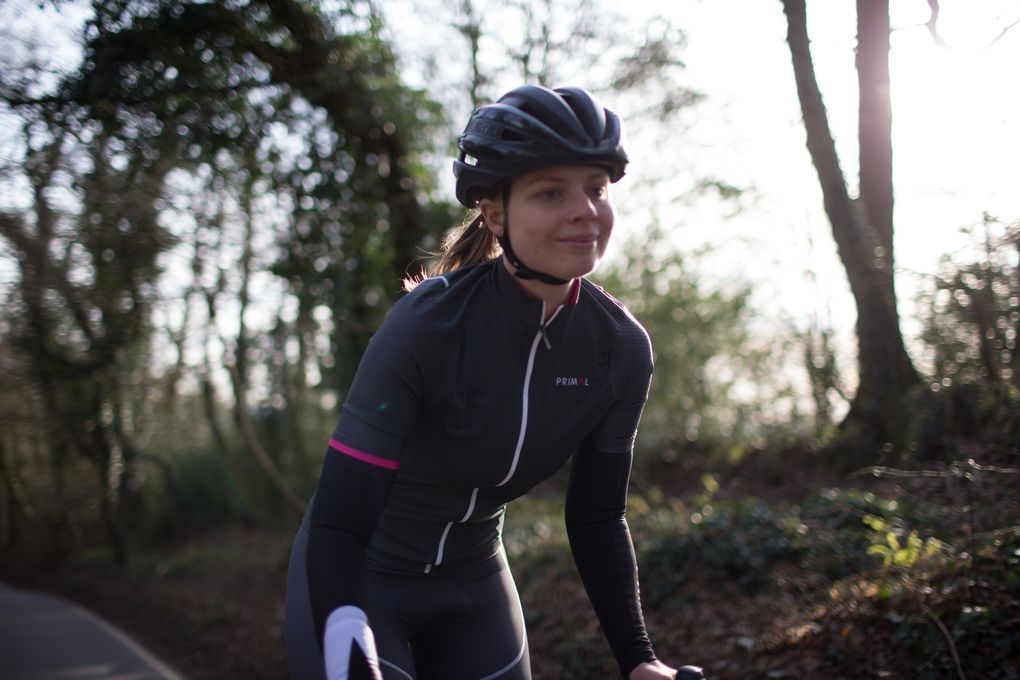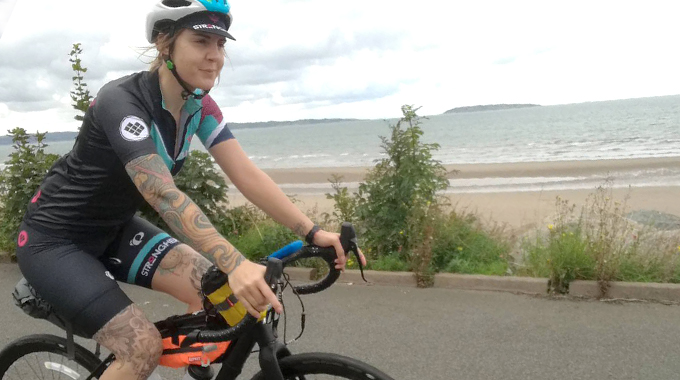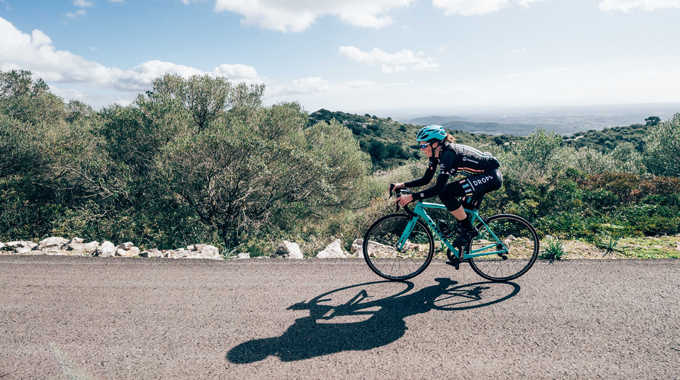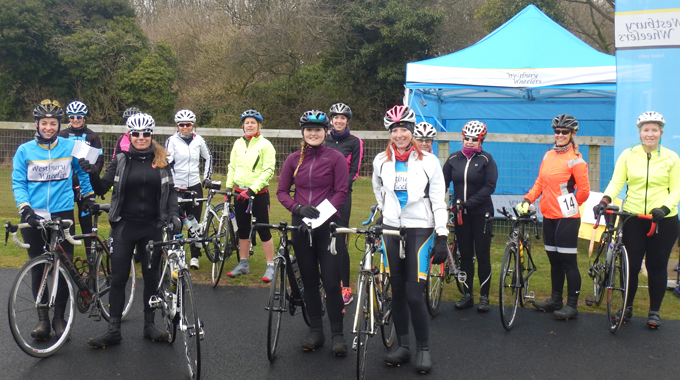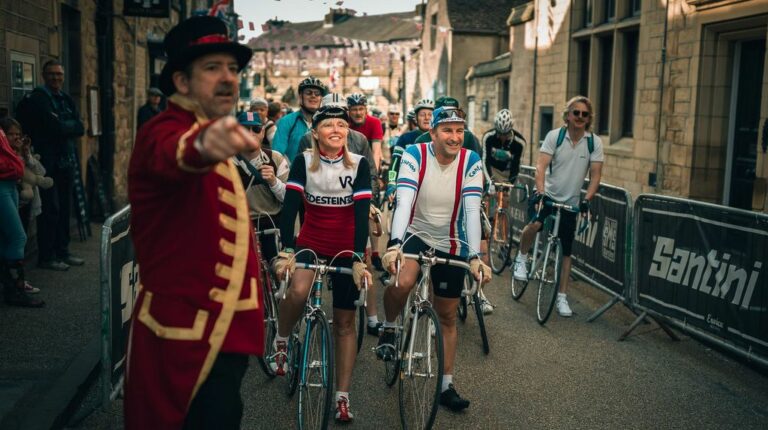You’ll feel more confident in your abilities

As a rule, we feel more confident when we’re viewing ourselves, and the world, with a positive lens. Which is helpful, because confidence plays a huge role in how we actually perform.
As sports psychology consultant Josie Perry told us: “Sports psychology research that looks across the board finds that confidence is by far the biggest predictor of success. They do massively feed into each other. So the more confident you are, the better you perform.”
So – what next?

Knowing that having a happy head will improve your overall well-being, and therefore your cycling prowess is one thing. But realising this is never going to be a quick-fix to perpetual joy.
If feeling low is making you avoid getting on the bike, then the best cure is to do it anyway. The simple act of cycling, or taking any exercise, can provide rejuvenation as endorphins and adrenaline pump around the body.
Even if the going has got really tough and you’re battling depression, then cycling itself can play a part in breaking the cycle. So if you’re currently not living life with a smile on your face, cycling more could be your route to improvement.
Here are a few simple ways prevent the day-to-day stresses of ‘life’ getting in the way of you and your bike:
- Ride Early Deadlines always getting in the way of what you want to do? Boss peering over your shoulder? Then set your alarm early and pedal it out before anything can get between you and your bike.
- Always have your bike and kit ready to go A simple bike ride can take twice as long if you’ve got to hunt out your lights, shoes, and find a tube and pump before you can get out the door. Find a special place in your home to store your kit, and keep your bike well maintained to make the miles easy to squeeze in
- Take it indoors Training indoors doesn’t provide you with the healthy dose of Vitamin D that a spin outdoors does. However, you’ll still get the endorphins, and a feeling of happy, tired, sweaty satisfaction. And a good high intensity interval session indoors is much easier to fit in.
- Write a plan If you have a training plan that you intend to stick to, you’ll be much more motivated to find time in your day to squeeze that training in. Having a set session to do will help make your intended ride a priority – especially if you keep a diary and record each planned and completed ride.
- Find a cycling buddy If you plan to ride with a friend, then you’re much less likely to skip it – and the social element of the ride will help to lift any lowered spirits
- Stop comparing your efforts with everyone else In our modern social-media-ready world, it’s easy to get the feeling that everyone is doing more than you. And if they are? So what. Concentrate on the moment, and live your own ride.
- Watch the sugar We’re not going to tell you all sugar is the root cause of all evil. Far from it – when you’re riding hard, it’s sometimes exactly what you need as fuel. However, when in a sedentary state, then quick dumps of sugar can spike your insulin levels, resulting in a slump. Stick to lower GI foods at regular intervals for steady energy levels.
Mood and exercise are so closely linked, sometimes it can seem almost impossible to separate the two. For best results, pay attention to your head and your body – and love them both equally!
You might also like…
How Stress Can Affect your Body
9 Tips to Make More Time for Cycling
How Cycling Helps in my Battle with Depression


